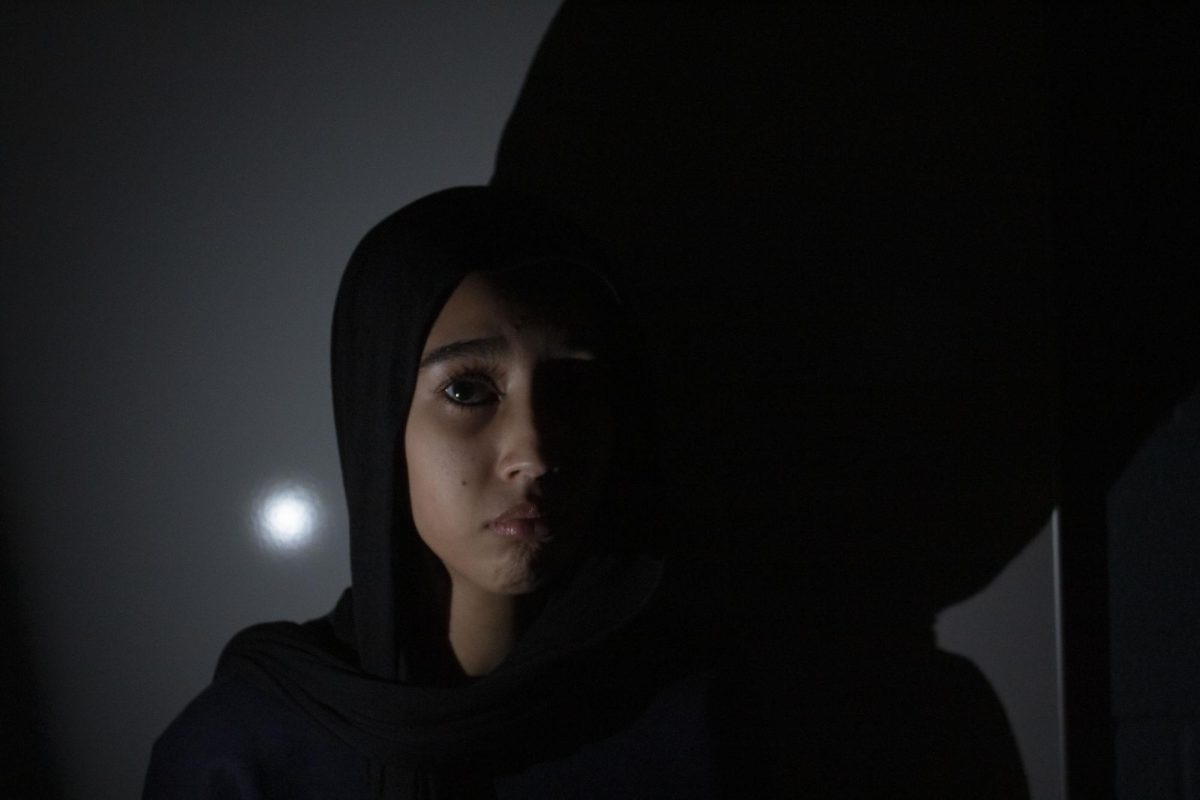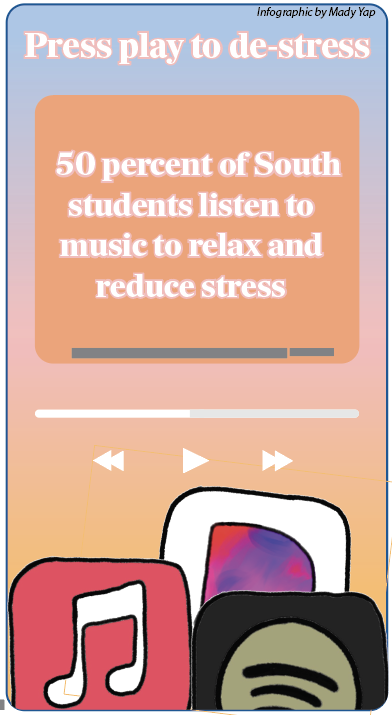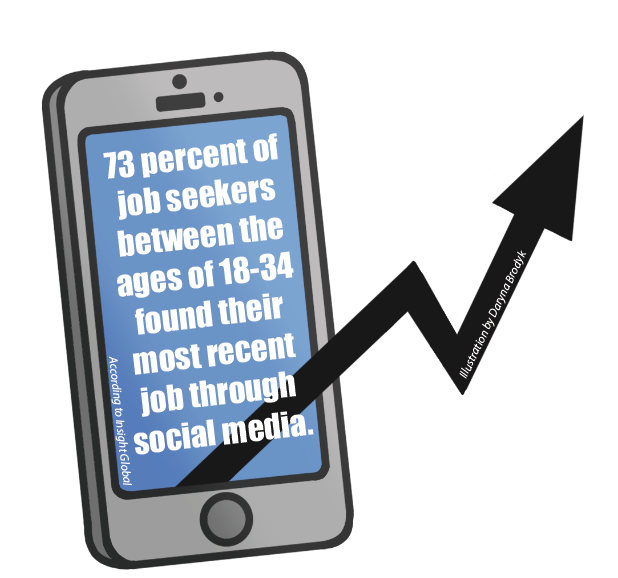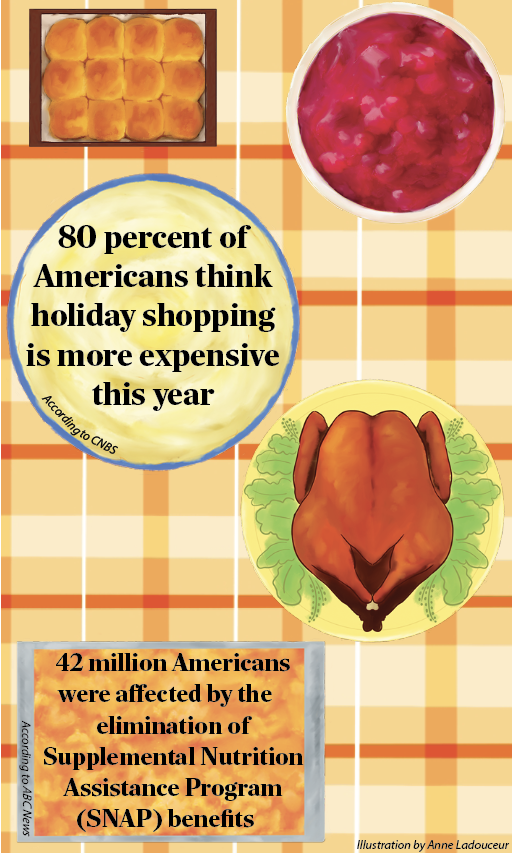What are you afraid of?
Take a minute to consider how often a fear has held you back from something, how often it has controlled you. What exactly was it? A fear of heights? Death? Failure?
And were you ever ashamed to admit that fear?
Admitting that you’re scared is an extremely vulnerable thing to do. It means taking down your guard and letting people see a side of you that isn’t confident or perfect.
When I was in fourth grade, I developed a fear that changed my brain forever. More specifically, a phobia. A phobia is a fear or anxiety that is so severe that it has an impact on your daily life, according to the Cleveland Clinic.
My specific phobia is the fear of throwing up, emetophobia. I had a hard time admitting to even my parents my fear, and I let it control every aspect of my life: what I wore, how I acted, and what I could say, one wrong thing could jinx me, and I could get sick. Instead of speaking up about it, I stopped talking.
I still have a hard time trying to explain my phobia to others. There is a stigma around phobias, with people viewing them as silly and stupid, even though it’s a clinically diagnosed anxiety disorder.
“Having a phobia isn’t a sign of weakness or immaturity. It’s a response the brain has learned in an attempt to protect the person,” the Kids Health Organization states.
Fear itself is often viewed as a weakness in society. An example could be the classic bully mentality. Making someone afraid of you puts you in the position of strength while they are in a position of weakness. But, fear is a part of what makes us human, what proves that we are alive, responding to our environment. In fact, we have a brain structure, the amygdala, that is specific for handling our fear response, according to the Cleveland Clinic. Fear isn’t a choice — it’s an instinct.
Everyone has a fear simply because we’re human. Fear shows our humanity.
Why should vulnerability be something we are ashamed of? It shouldn’t, because it’s who we are at our core- vulnerable.
The school environment can create a multitude of fears like being left out, getting a bad grade, bullying, and general socializing. But do we ever admit being afraid? No, because that could make us feel like we’re pathetic.
We’re teenagers. We’re vulnerable. And that’s okay.
My phobia might be hard to sympathize with or relate to, but all fears should be easily comprehensible and validated. In fact, the National Institute of Mental Health states that 19.3 percent of teenagers struggle with a phobia.
Talking about my fear has helped me immensely, even though I might never get over my phobia. So, the next time you’re afraid or anxious about something, acknowledge it. Don’t suppress it.
It’s okay to be afraid.








